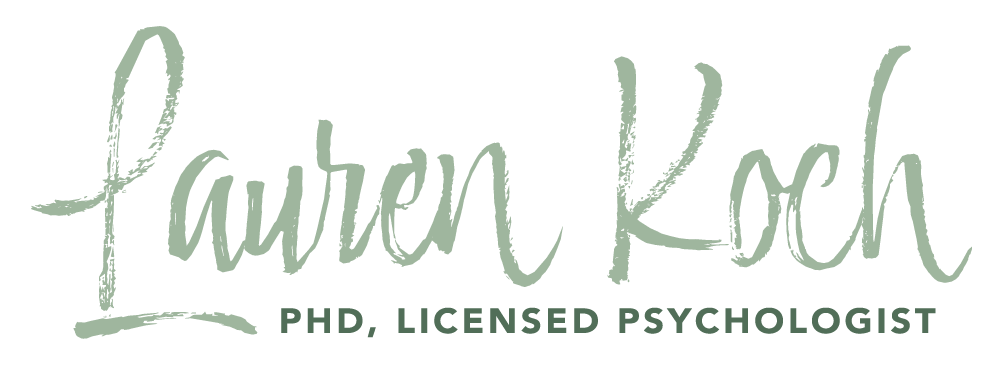FAQs About Therapy Spokane, WA
You know you need support and finding therapy in Spokane seems like the next step. But what actually is therapy? What happens during a therapy session? How do you know if it’s right for you?
FAQs about therapy in Spokane
Going to therapy can feel scary. You don’t know what to expect and you don’t necessarily understand how it works. Below is a list of the most common questions I get when people call me, along with questions I wish people would ask. Keep in mind that my answers might be slightly different from another therapist’s answers.
What is the difference between a counselor, therapist, and psychologist?
The difference between a counselor and a therapist is largely semantics and people often use the terms interchangeably. I’ve even noticed regional differences across the country! There are some technical differences in the words, and if you want to do a deep dive the American Psychological Association provides some definitions of counseling, counselor, psychologist, psychotherapy, therapist, and therapy.
There are different types of mental health professionals who can provide counseling or therapy. Licensure type varies across states, but generally:
Licensed Psychologists have earned doctoral degrees related to the field of psychology (either a PhD or a PsyD). They generally receive training in counseling methods, psychological assessment, and research. Many psychologists complete postdoctoral training to further specialize in their field.
Licensed Mental Health Counselors, Professional Counselors, and Marriage and Family Therapists have earned master’s degrees in their respective fields, and often must complete additional training hours after they graduate. They generally receive training in counseling methods.
Licensed Clinical Social Workers have earned master’s degrees in social work, and often must complete additional training hours after graduation. They generally receive training in counseling methods, case management, and advocacy.
How long do therapy sessions last?
Typically, individual therapy sessions last between 45 and 60 minutes, depending upon how the therapist defines the “therapy hour.” Sometimes therapists offer longer sessions depending on their treatment approach and what you are seeking therapy for.
What happens during the first therapy session?
Therapists usually spend the first therapy session working to get to know you better. You can expect to be asked questions about your background, the reasons you are seeking therapy, and the changes you are hoping to make.
Will my therapist tell me how to fix my problems?
No (at least, they shouldn’t). They might assign you homework or ask you to talk about certain topics in session, but there is no singular “fix” or approach to healing. Therapy is collaborative, and while therapists have expertise in psychology and mental health, you are the expert on your life. You and your therapist will navigate the healing process together.
How often will I need to come to therapy?
The answer to this question varies, but I find that most therapists prefer to see people on a weekly basis, at least to start. Depending on what you are seeking therapy for, you might be seen twice a week or every other week.
How long will I need to come to therapy?
Some people find that in as little as 12 weeks their symptoms of anxiety, depression, and trauma have decreased substantially. Other people find that they need or want more time in therapy. Length of treatment also can depend upon the therapist’s approach to treatment.
How much does therapy cost?
Therapy session fees can vary based on the training and background of the therapist, location, and insurance coverage. Some therapists bill insurance, while others do not. You might be able to use out-of-network (OON) benefits for therapists who do not directly bill insurance. This will depend upon their license type whether they offer superbills (a special form for OON reimbursement), and your specific insurance plan.
Do I have to go into an office for therapy?
Not necessarily. While some therapists offer exclusively in person or online appointments, others offer a mix of both. If you have a strong preference for either in person or online therapy, you should look for a therapist who can accommodate that.
Dr. Lauren Koch, Licensed Psychologist Offering Therapy in Spokane, WA
A free therapy consultation in Spokane
I hope this helps you feel more at ease as you search for therapy in Spokane, WA. If you are looking for support, contact me for a free 15-minute consultation.
Looking for a specific therapy specialty? I specialize in trauma and PTSD, combat PTSD, and high achievers with anxiety.


